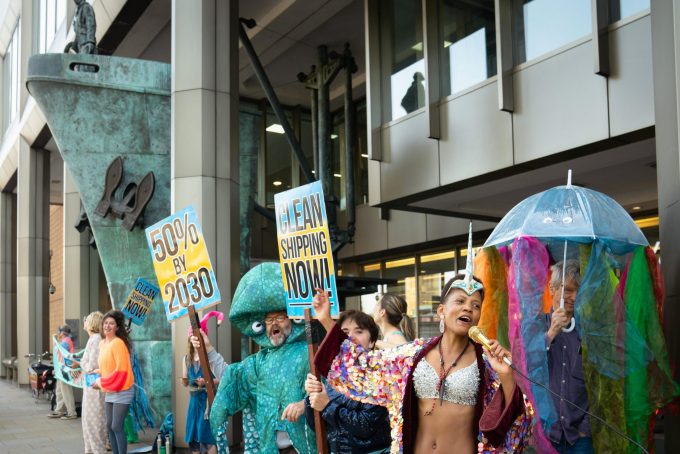'Bitter-sweet' MEPC 83 follows COP 29, narrowing scope of climate commitments
IMO’s Marine Environment Protection Committee (MEPC) 83 meeting, meant to establish robust mid-term decarbonisation measures, ...

Shipping associations are declaring victory following a deadlocked MEPC 80 outcome liable to shock few.
The 2030 target – watered down by China, Saudi Arabia, Brazil and Argentina to the point where it is being referred to instead as an “indicative checkpoint” – falls well short ...

Comment on this article